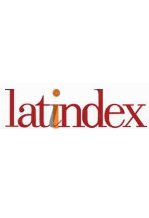Teto de Reajustes de Preços no Setor de Saúde Suplementar Brasileiro e seus Efeitos sobre a Quantidade Negociada de Planos de Saúde
Keywords:
private health, individual and familiar insurances, regulationAbstract
A “crisis sensation” has been present for some years in the supplementary health market in Brazil in the segment of individual and family plans. This would not be a problem, however, the number of existing contracts places the country as one of the main markets in the world. Despite universal access promoted by the Unified Health System (a.k.a. SUS), a significant portion of the Brazilian population is served by supplementary health. Between 2013 and 2018 there was a systematic decrease in the number of individual plans in the supplementary health sector, which represents an important public policy and welfare concern. The purpose of this paper is to investigate the Brazilian supplementary health sector in order to quantify the impacts on the negotiated quantity of contracts resulting from the price cap regulated by the National Supplementary Health Agency (ANS). Econometric techniques were used for static and dynamic panel data models. The results obtained show that the price cap policy negatively affects the number of individual or family plans hired.
Downloads
Downloads
Published
How to Cite
Issue
Section
License
The copyright of papers published in the Revista de Economia Mackenzie belongs to the authors, who grant to the Mackenzie Presbyterian University the exclusive rights to publish the content. Total or partial reproduction is prohibited without due authorization of the Editorial Committee, except when it is previously authorized.










